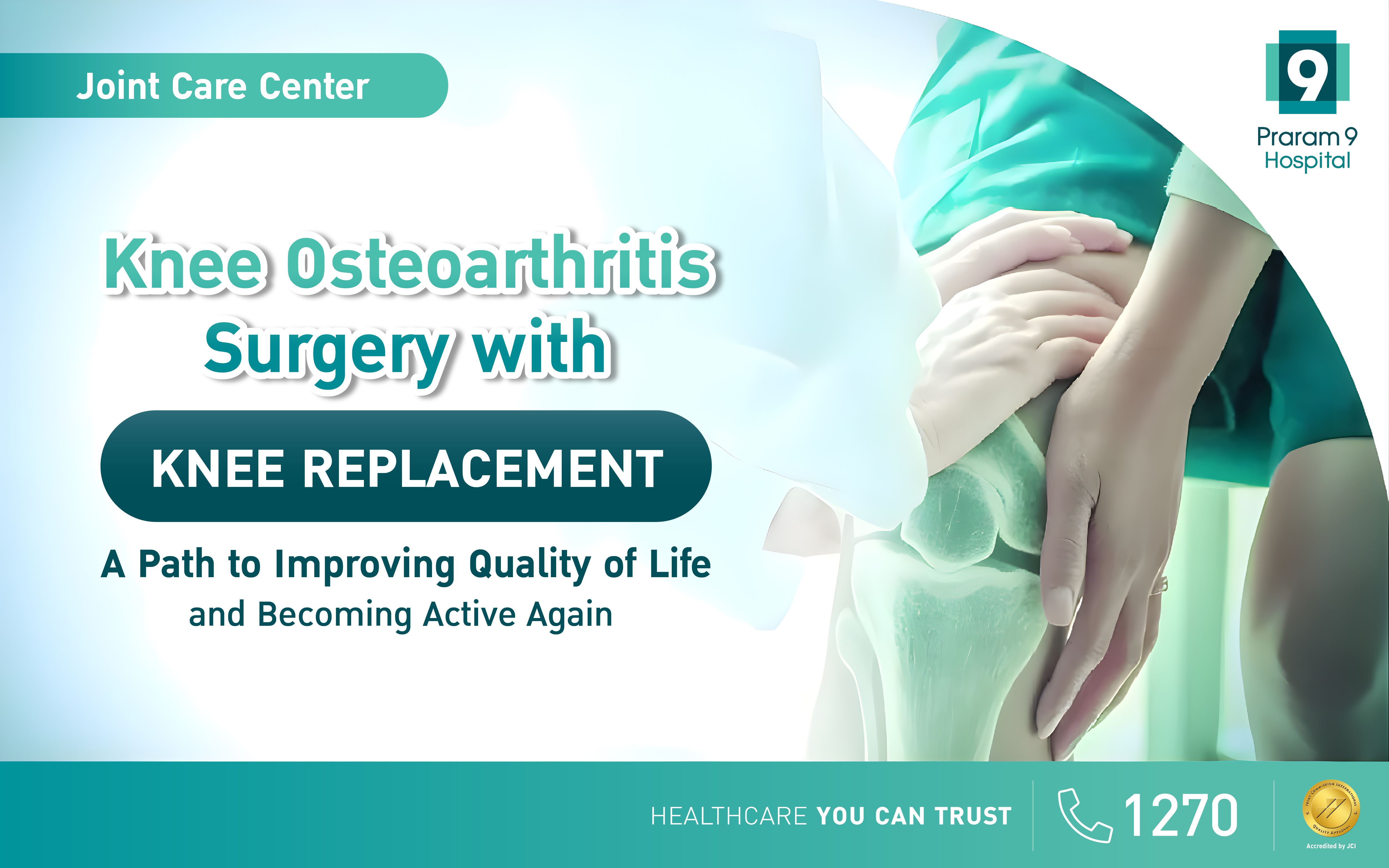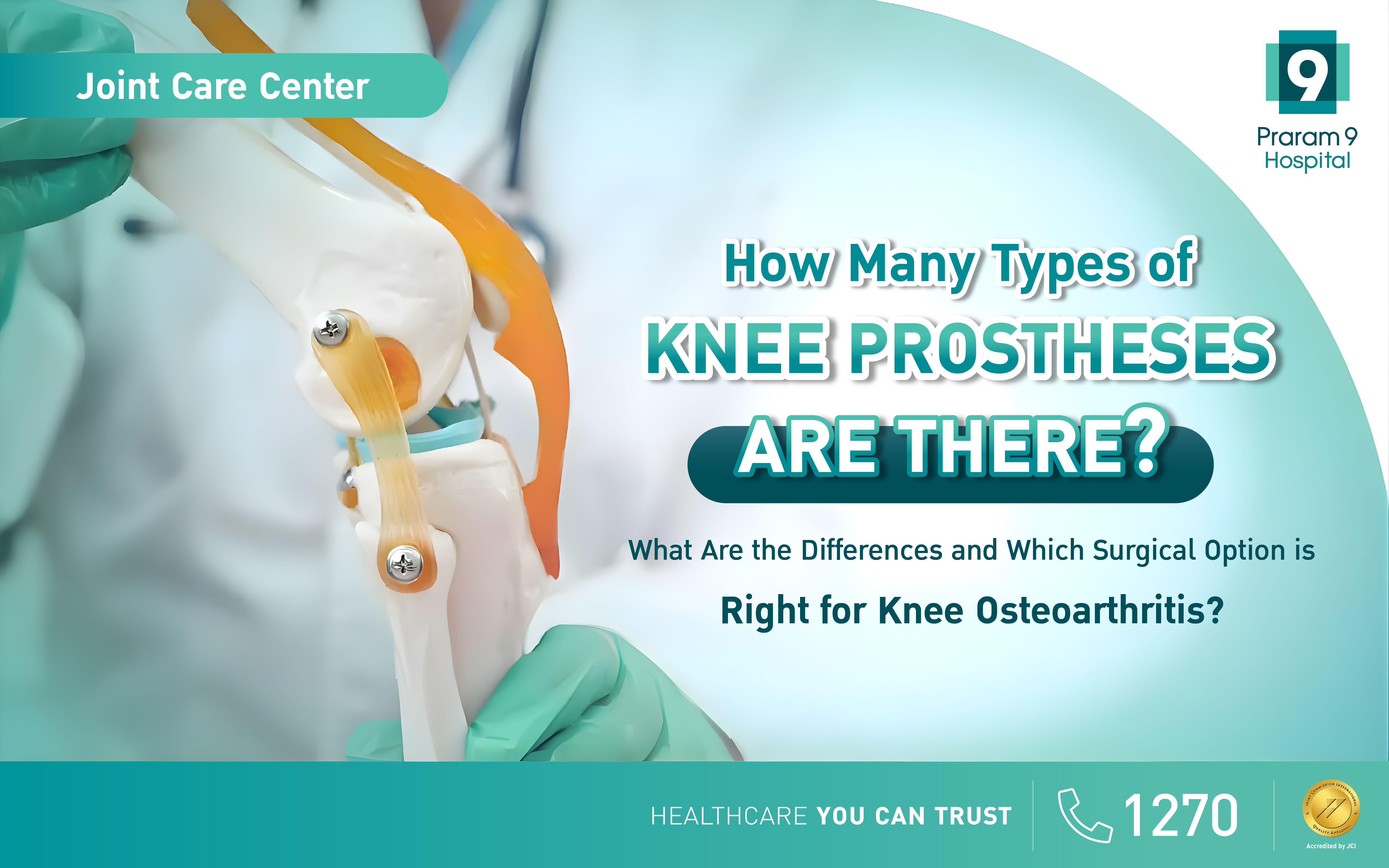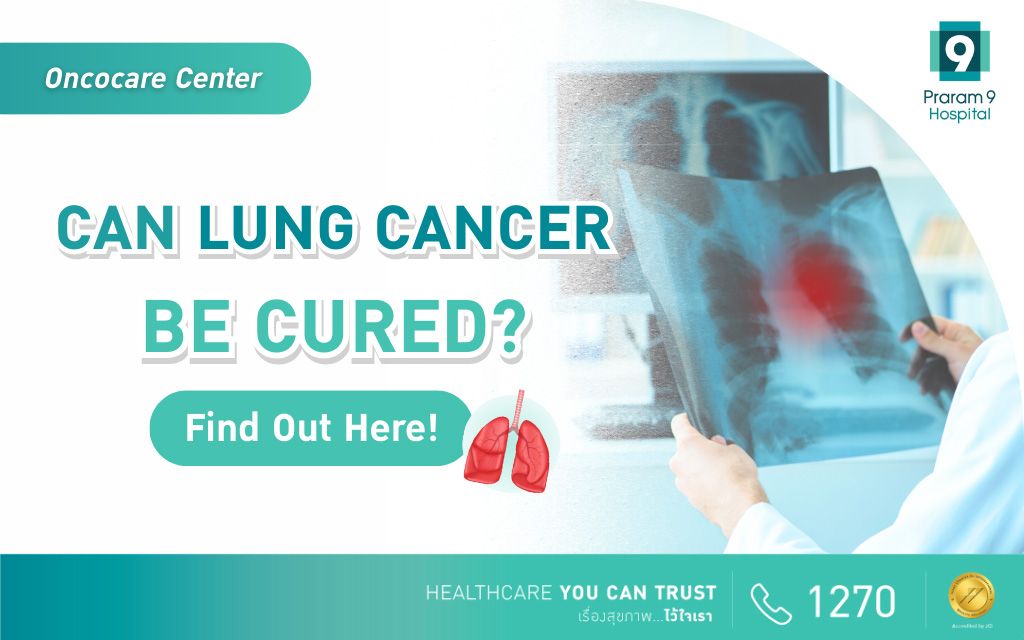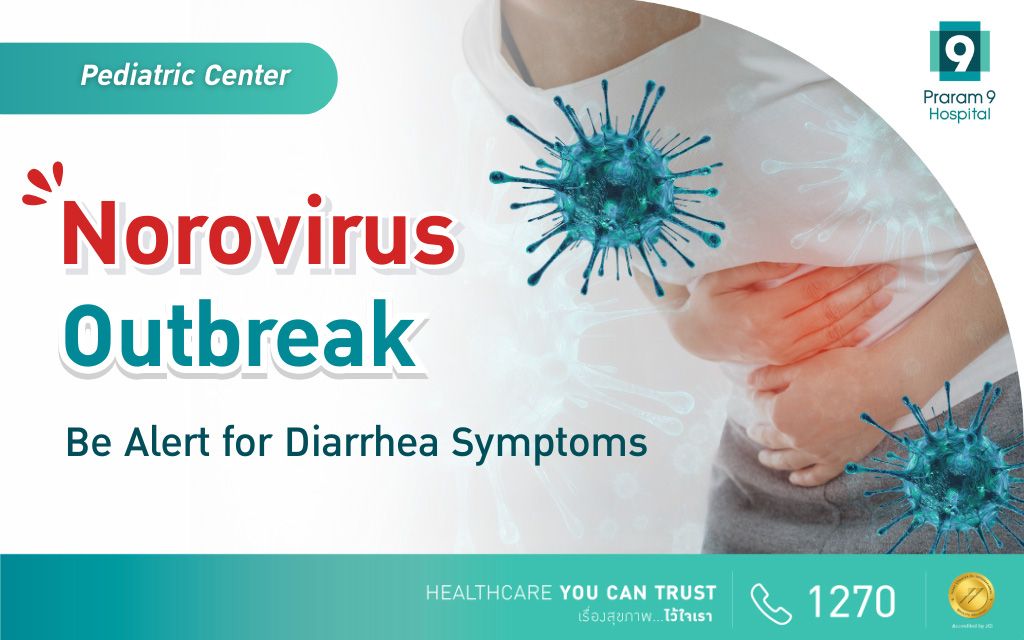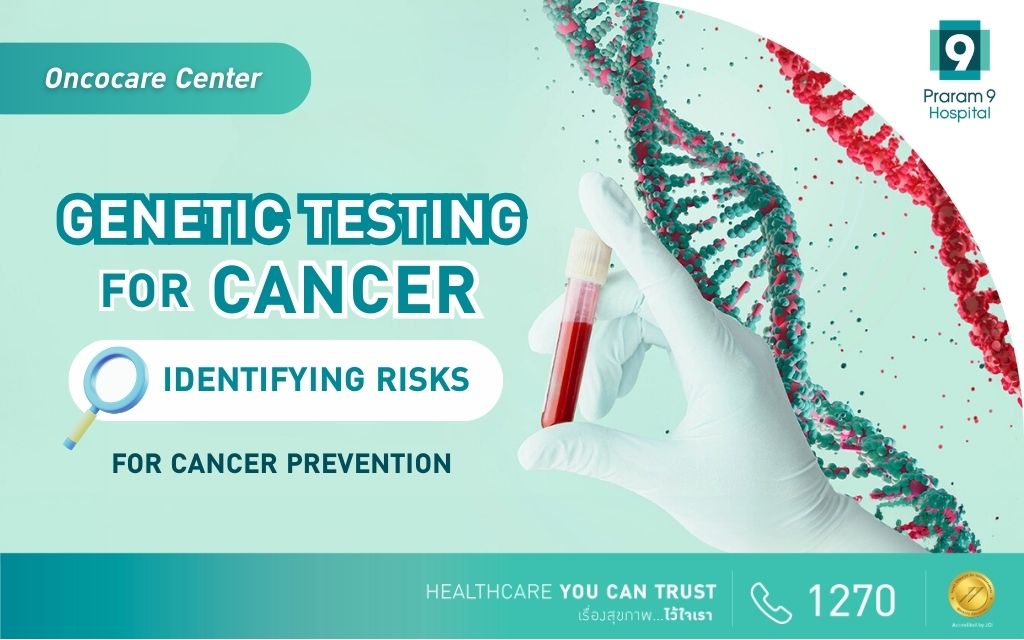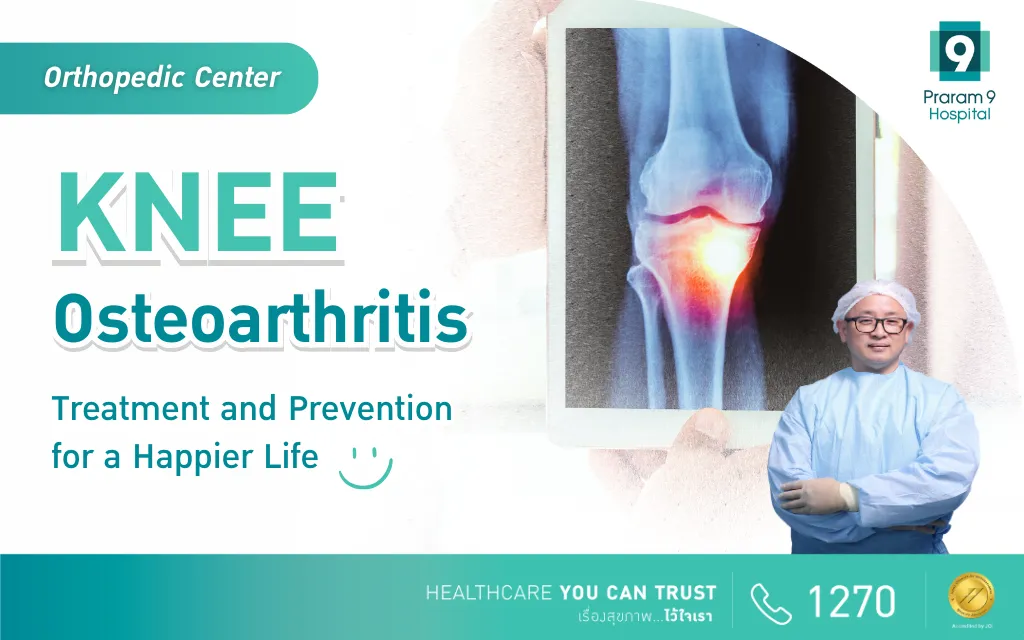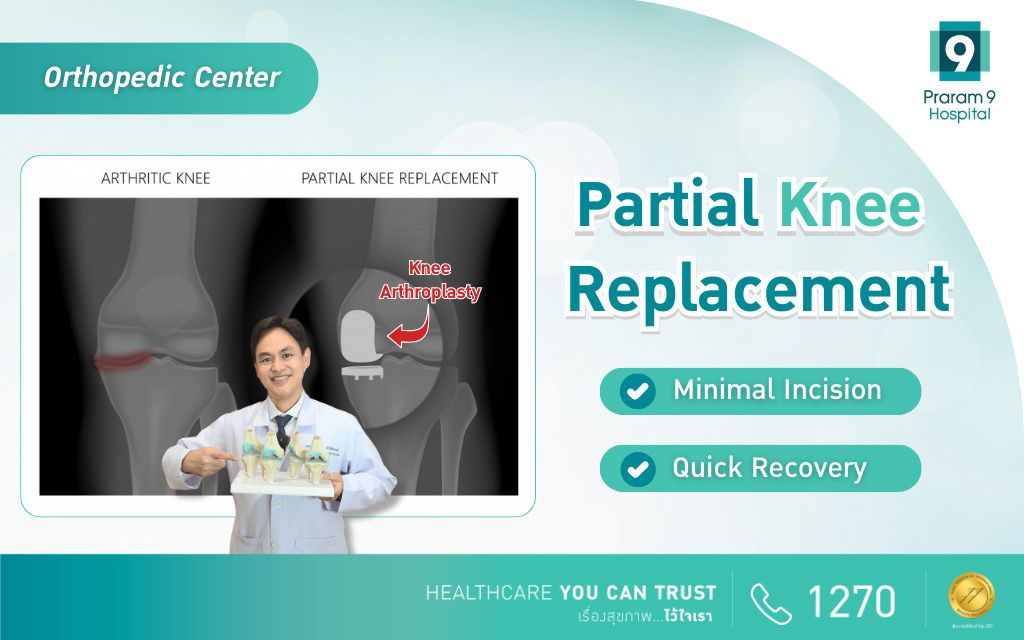Health Articles
Knowledge
7 risk factors that may increase your risk of colorectal cancer
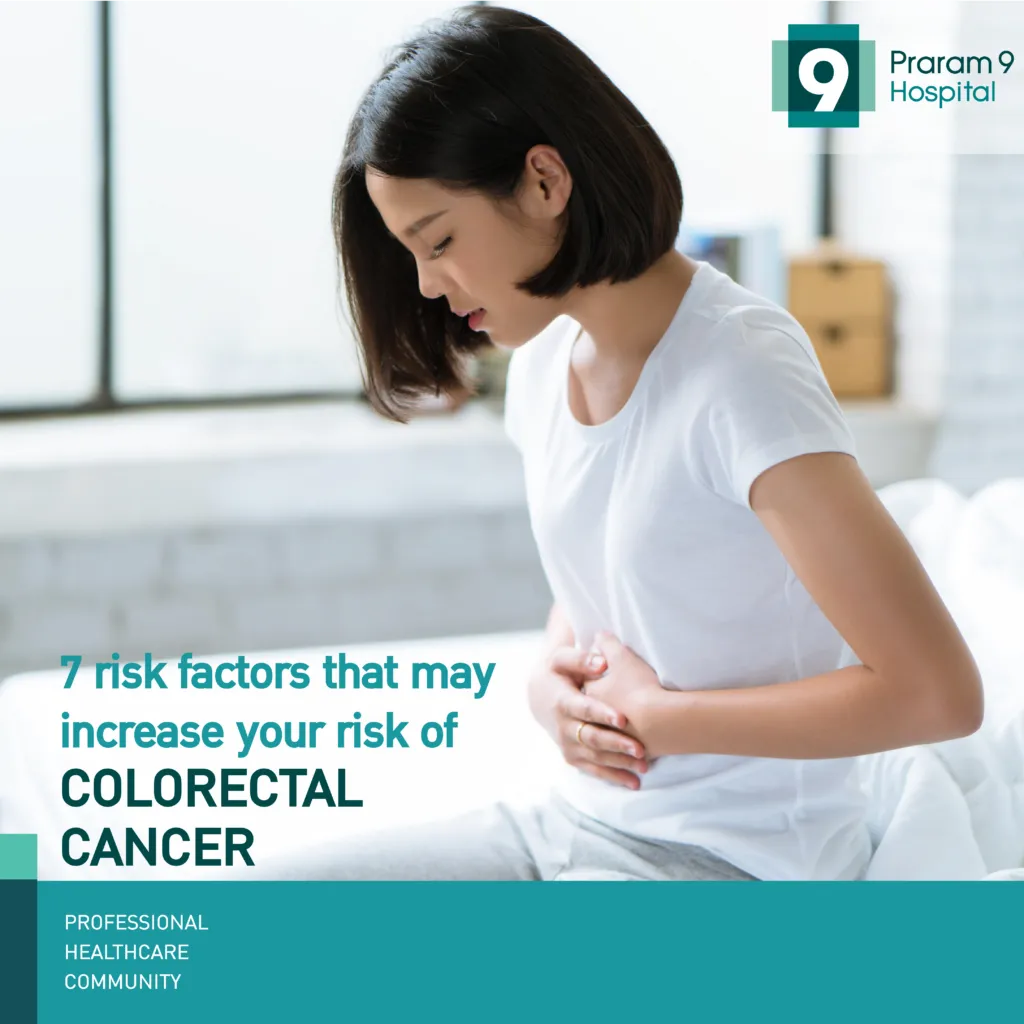
7 risk factors that may increase your risk of colorectal cancer
What is colon cancer?
Colon cancer is a type of cancer found in the large intestine in our digestive tracts. It can start of as a tumor and develop into a serious cancer overtime. Symptoms of colorectal cancer includes abdominal pain, cramps, general discomfort abdominal area around and stool with blood from bleeding in the colon. Furthermore, the cancer can silently spread to other organs as the tumor develop, causing symptoms relating to other organs such as live and lung to develop as well. We will discuss the factors that may increase your risk of colorectal cancer that you should be aware of.
Here are 7 risk factors that may increase your risk of colon cancer:
· Elderly group. Colon cancer can occur to anyone at any age group, however most of the colon cancer case for found in patients above 50 years old. The rates of young people with colon cancer under the age of 50 have been increasing, although it is the reason behind this is uncertain.
· Personal history with colorectal cancer. If you had colon cancer or noncancerous colon polyps before, your risk of reoccurring colon cancer in the future will be higher.
· Family history of colorectal cancer. Your risk of developing colon cancer will increase if your family members or relatives who have had the disease. The higher the number of them, the greater the risk of you having it too.
· Diet of high fat and low in fiber. Colorectal cancer and may be linked with diet that is low in fiber and high in fat and calories. However, studies in this area has had mixed results. Some researchers have found an increased risk of colon cancer in people who consume a lot of red meat and processed meat.
· Lifestyle without exercise. People whose lifestyle lack exercise have higher risk of developing colon cancer. Incorporate physical activity in your daily routine may help to decrease your risk of colon cancer.
· Diabetes. Higher risk of getting colorectal cancer are associated with people with diabetes or insulin resistance.
· People with obesity. People who are extremely overweight are more susceptible to developing colorectal cancer as well as an increased risk of dying to it compare to normal weight person
